Using historical scholarship
There is a long tradition of history teachers using historical scholarship whether to shape their enquiry questions using real questions that academic historians pursued, to gain new knowledge for enriching lessons or simply to keep inspiring the passion that fired their first love of history so that they can display it to pupils in the classroom itself. A tradition within this is the curriculum component ‘Interpretations’ - a sustained fixture of England’s national curriculum for history since 1991 which has spawned its own tradition of shared practice, research and debate. If you want to find out specifically about ‘Interpretations of history’, where there will be much reference to historical scholarship, go to Interpretations. Read more
-

Polychronicon 160: Interpreting 'The Birth of a Nation'
ArticleClick to view -

Exploring big overviews through local depth
ArticleClick to view -

How do you construct an historical claim?
ArticleClick to view -

Pipes's punctuation and making complex historical claims
ArticleClick to view -

The Harkness Method: achieving higher-order thinking with sixth-form
ArticleClick to view -

Polychronicon 159: Interpreting Magna Carta
ArticleClick to view -

Developing transferable knowledge at A-level
ArticleClick to view -

Polychronicon 158: Reinterpreting Napoleon
ArticleClick to view -
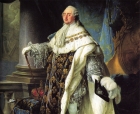
Building meaningful models of progression
ArticleClick to view -
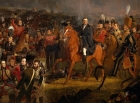
Assessing the Battle of Waterloo in the classroom
ArticleClick to view -
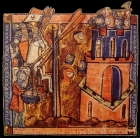
Getting medieval (and global) at Key Stage 3
ArticleClick to view -

Exploring the challenges involved in reading and writing historical narrative
ArticleClick to view -
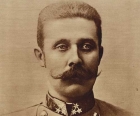
Polychronicon 155: Interpreting the Origins of of the First World War
ArticleClick to view -
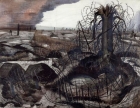
Helping Year 9 explore the cultural legacies of WW1
ArticleClick to view -
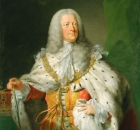
Making sense of the eighteenth century
ArticleClick to view -
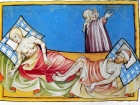
Period, place and mental space
ArticleClick to view -

Waking up to complexity
ArticleClick to view -

New, Novice or Nervous? 154: Using historical scholarship in the classroom
ArticleClick to view -
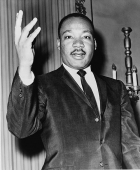
Developing students' thinking about change and continuity
ArticleClick to view -

Continuity in the treatment of mental health through time
ArticleClick to view

